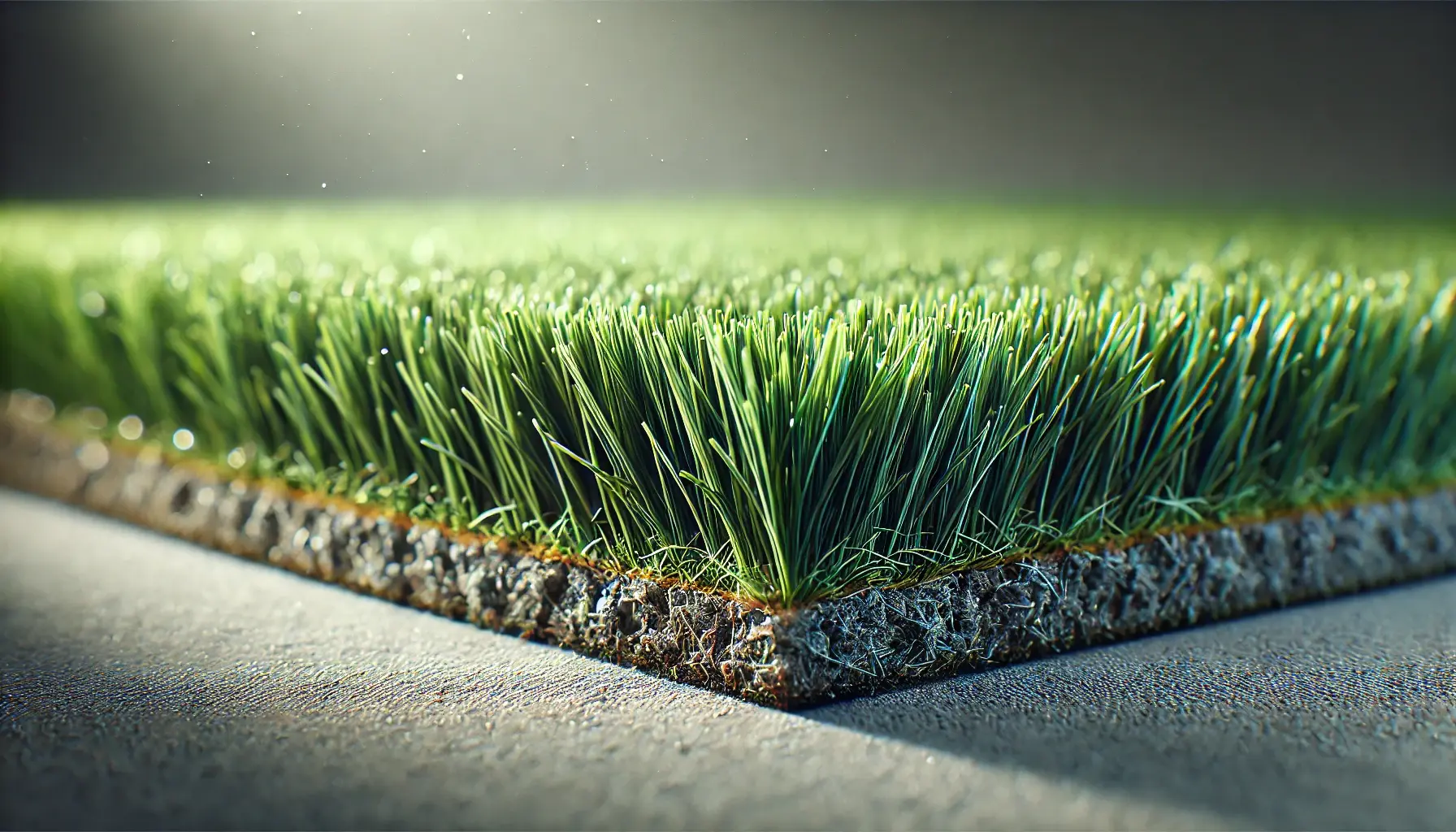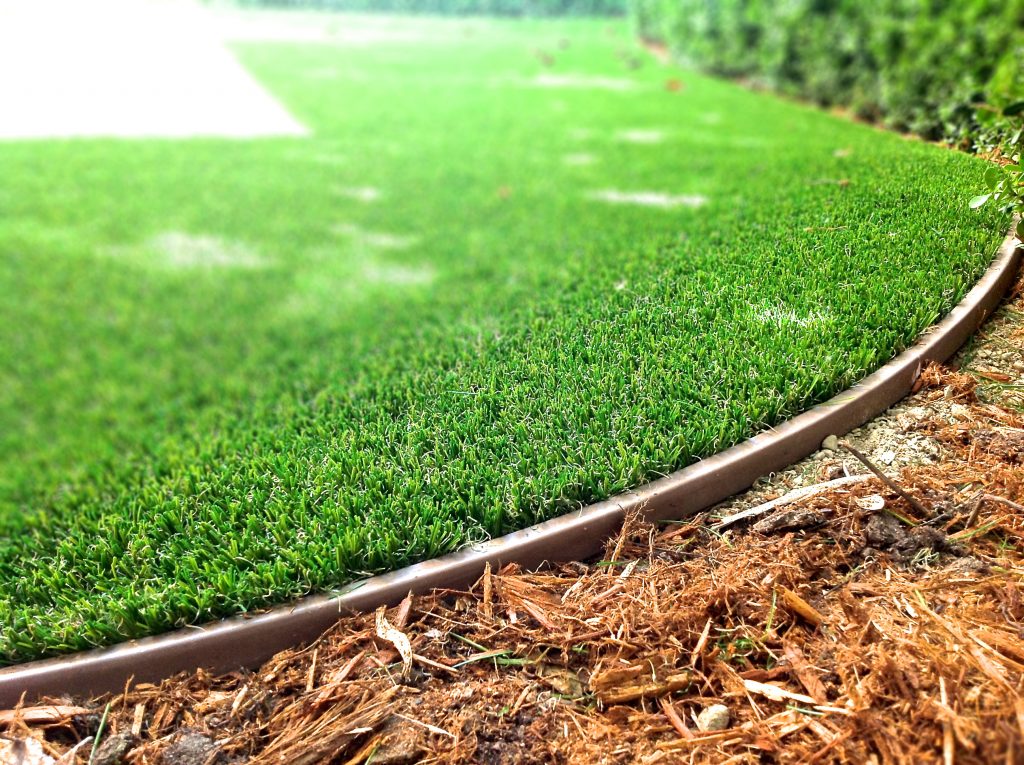Explore the Environmental Advantages of Opting for Synthetic Grass Solutions
The fostering of fabricated grass solutions provides a compelling opportunity to attend to pushing environmental challenges. By significantly minimizing water use and decreasing the application of harmful chemicals, these choices not just promote lasting landscaping however additionally protect neighborhood ecological communities.
Water Conservation Advantages
One of the most considerable benefits of fabricated turf is its ability to conserve water. In contrast, synthetic grass does not need watering, dramatically reducing the general demand for water resources.
By getting rid of the demand for normal watering, synthetic grass adds to lasting landscape methods and aids reduce the environmental influence of extreme water intake. The conservation of water expands to the decrease of runoff, which can lead to dirt disintegration and river contamination.
Additionally, the setup of synthetic grass permits property owners and towns to allot water resources more successfully, concentrating on important usages such as drinking water and agriculture. The shift in the direction of man-made lawn not just advertises accountable water use however additionally lines up with wider ecological goals targeted at protecting natural deposits.
As communities increasingly focus on sustainability, the water preservation benefits of fabricated turf provide a compelling case for its fostering in residential and industrial landscaping projects.
Reduced Chemical Use
The change to synthetic grass significantly reduces the dependence on chemical therapies typically used in natural lawn maintenance. Traditional lawn monitoring commonly includes the application of fertilizers, pesticides, and herbicides to advertise development and control pests. These chemicals can pose dangers to human health, regional wildlife, and the environment, adding to soil and water contamination.
On the other hand, man-made turf removes the need for these dangerous compounds. Once set up, it calls for very little upkeep, mostly being composed of routine cleansing and irregular infill replenishment. This decrease in chemical use not just profits the immediate atmosphere yet additionally adds to broader environmental security. By minimizing the launch of synthetic compounds right into the environment, synthetic lawn promotes healthier dirt and water systems.
In addition, the lack of chemical runoff related to synthetic grass setups helps protect local waterways from pollution, sustaining marine life and keeping biodiversity. Arizona turf. As areas progressively prioritize sustainable practices, going with man-made grass provides a practical remedy that aligns with ecological preservation goals. With this shift, residential or commercial property owners can enjoy lush green rooms without endangering environmental health and wellness, leading the method for a more lasting future
Reduced Carbon Impact

Additionally, the installment of synthetic grass can cause substantial water conservation. All-natural yards need significant quantities of water for irrigation, which not just includes in the carbon impact connected with water removal and therapy however additionally pressures neighborhood water resources. In comparison, synthetic turf requires minimal maintenance, needing no watering, therefore considerably lowering water use and its associated energy expenses.
Additionally, the long life of synthetic lawn contributes to its decreased carbon influence. With a life-span of approximately 15 years or even more, the demand for frequent replacements is diminished, causing much less waste and reduced power consumption in production and disposing of conventional turf choices. Overall, synthetic grass offers a lasting alternative for eco aware landscaping.
Habitat Preservation
Environment conservation is an essential factor to consider in the debate over landscape design selections, particularly when comparing synthetic grass to all-natural grass. Natural turf lawns often call for substantial upkeep, including using chemicals, herbicides, and plant foods, which can negatively impact regional communities. These chemicals can leach into the dirt and rivers, damaging native vegetation and fauna and interrupting local environments.
On the other hand, synthetic grass offers a chance to reduce the environmental footprint of landscape design. By choosing artificial yard, home owners can lessen the disruption of all-natural environments linked with traditional yard treatment practices. Synthetic grass gets rid of the demand for dangerous chemicals, thus protecting close-by wild additional hints animals and maintaining the integrity of bordering environments. The installation of fabricated turf can lead to the conversion of former lawn locations right into more biodiverse landscapes, such as pollinator yards or indigenous plant locations, which can sustain local wildlife.
Eventually, the shift to synthetic grass not just saves water and minimizes maintenance initiatives yet likewise promotes a more unified relationship in between human tasks and the natural surroundings, advertising habitat preservation in the process.
Long-Term Sustainability
Lasting sustainability is click this link an essential consider assessing the advantages of synthetic grass over conventional grass yards. One of one of the most considerable advantages of synthetic grass is its toughness; it can last as much as 15-20 years with minimal upkeep, whereas natural turf requires regular reseeding and replacement. This longevity minimizes the demand for consistent sources, such as water, plant foods, and pesticides, which are necessary for keeping a healthy turf lawn.
In addition, synthetic grass adds to a decrease in carbon exhausts related to lawn treatment equipment. Typical grass often need gas-powered lawn mowers, trimmers, and blowers, every one of which contribute to air contamination. Artificial turf companies phoenix. In comparison, synthetic grass gets rid of the demand for such equipment, promoting a cleaner setting
Moreover, the production of fabricated grass increasingly uses recycled products, boosting its sustainability account. As makers take on green practices, the environmental footprint home of synthetic grass continues to lessen.

Verdict
The fostering of synthetic grass options offers substantial ecological benefits, consisting of significant water preservation, reduced reliance on hazardous chemicals, and a reduced carbon footprint. Man-made grass aids in preserving natural habitats by minimizing land disruption and advertising long-lasting sustainability through the use of durable products. Collectively, these elements emphasize the possibility of synthetic grass to contribute favorably to ecological health and wellness and provide a practical option to typical landscaping practices in an increasingly resource-conscious globe.
In comparison, fabricated grass does not need watering, significantly lowering the overall need for water resources. By lessening the launch of synthetic compounds right into the environment, man-made turf promotes healthier dirt and water systems.
Furthermore, the setup of artificial grass can result in substantial water preservation. In contrast, man-made turf requires very little maintenance, needing no watering, thereby dramatically reducing water use and its associated power costs.
